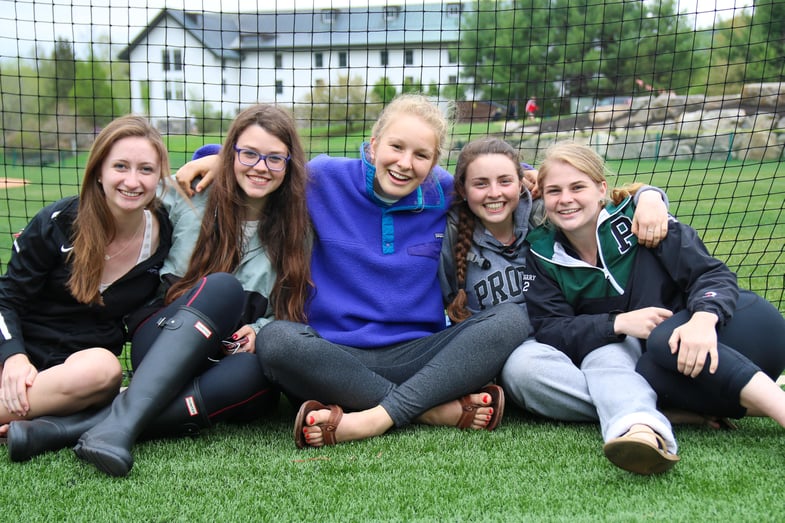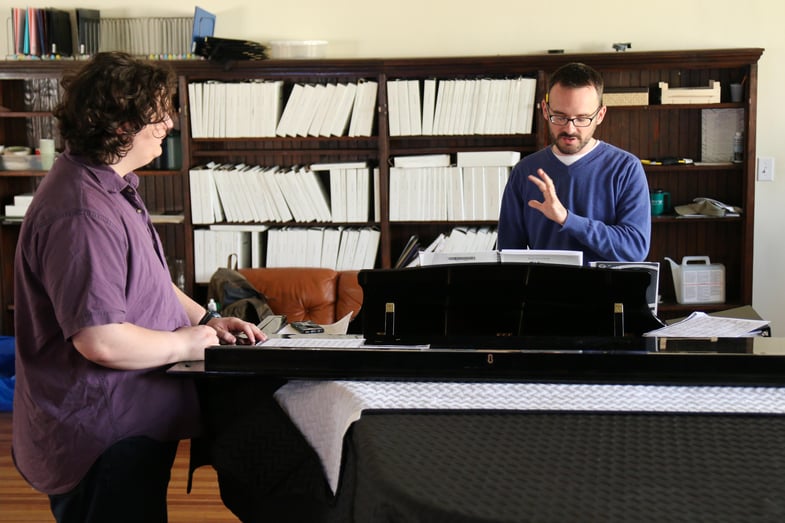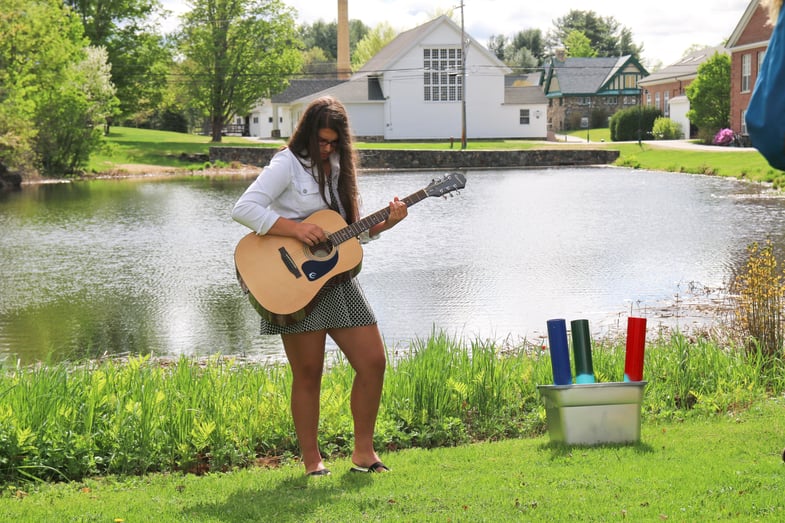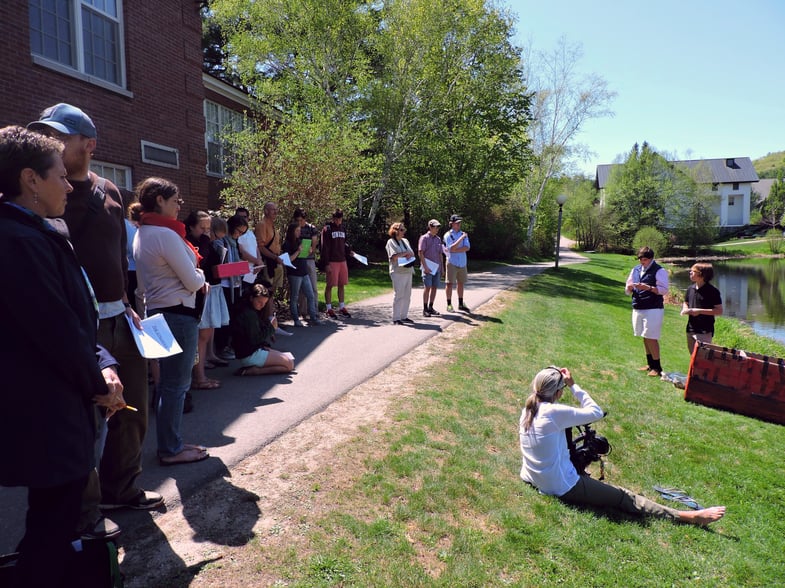We get used to so much, adapting to subtle shifts in our environment without even knowing it. A week ago, spring slipped into summer-like heat and humidity, and the community shifted into rhythms we could not have imagined in February. Students drifted down to the Blackwater to swim, windows were thrown open in dorms, and flip-flop days returned. We adjust, we acclimatize.

This ability to adapt is a good thing, mostly, and reveals to us our own endurance and capacity. Challenges like Wilderness Orientation, Ocean Classroom, or a season of lacrosse test mettle. Varied intellectual terrain like Proctor in Segovia, AP Physics, Fiddler on the Roof (get your tickets HERE!), or Jazz Rock Ensemble push students to traverse what is seen at the outset as only knife-edge possibility that somehow turns into broader pathways. We endure, adjust, adapt and in many cases thrive in ways we might not have imagined at the outset.

Sometimes this malleability cuts as a disadvantage, as when we lose our capacity to see wrong because the environment around us has shifted incrementally and we are attuned more to the flow of a moment than the shift in landscape. We become insensitive. We don’t hear the barbs, don’t see the slip into harmful patterns. We simply adapt, adjust, and do what we always do, and our “strength” turns into a liability. Recently, a little game – Cards Against Humanity – has found huge popularity. Look it up on Amazon or Google it. Wildly popular, viciously insensitive, many of our students know it and have played it. Many – adults included – may not fully appreciate how it subtly changes the boundaries of what is acceptable.

I was thinking about this last night while watching Lynne Kenney’s ninth grade World History class give presentations, thinking about Cards Against Humanity as students spoke to their creative and instructive installations. We moved from the Meeting House to Alice’s Garden, and heard about the dangers of blind adherence, marginalization, and cruelty. Students spoke to the need for compassion and understanding, acceptance and empathy, and theirs was a collective call to stand against stereotyping, prejudice, cruelty, and intolerance. The group of students and those of us who came to listen – students, faculty and parents – stood in a circle at the end of the evening to share the words for humanity, words for compassion and empathy, kindness and caring.

We adapt. It’s perhaps our greatest characteristic as individuals, opening the door to collective possibilities and personal growth. But it can’t be mindless. We have just as much capacity to grow in the wrong way as the right. Why wouldn’t we? So our collective responsibility – faculty, staff, parents, and students – is to ensure we seek, find, and follow a higher path for a greater good.
Last night I witnessed a group of ninth graders leading the way.
Enjoy your weekend! Please share your thoughts with me in the comments below, and follow me on Twitter for additional thoughts.

Mike Henriques P'11, P'15
Proctor Academy Head of School








